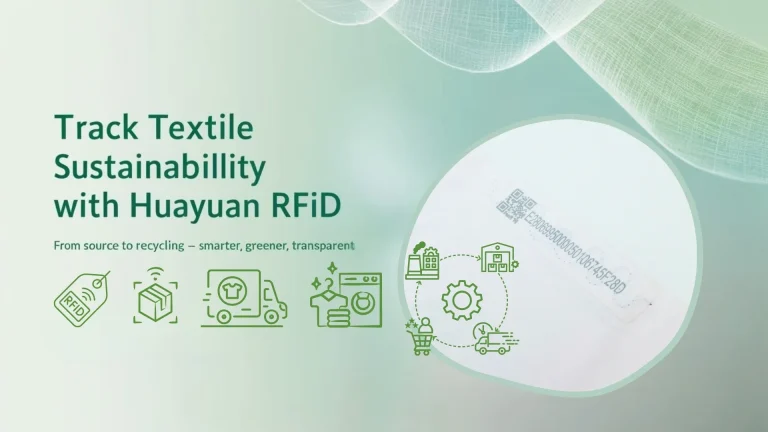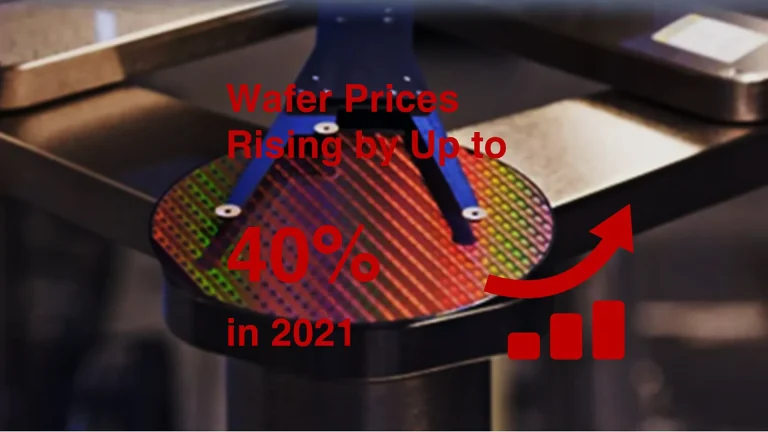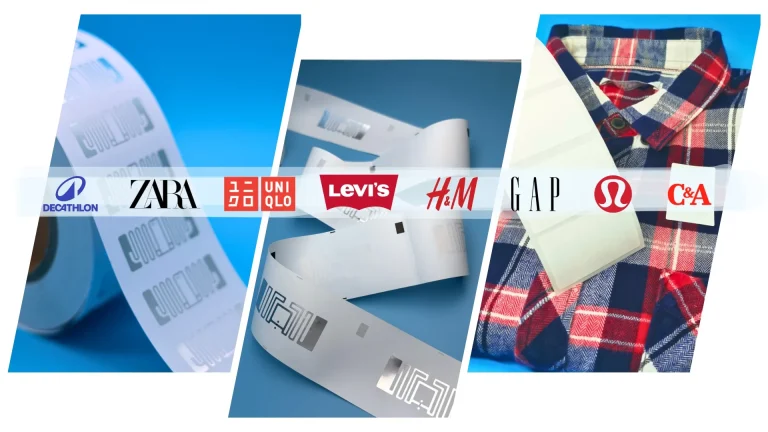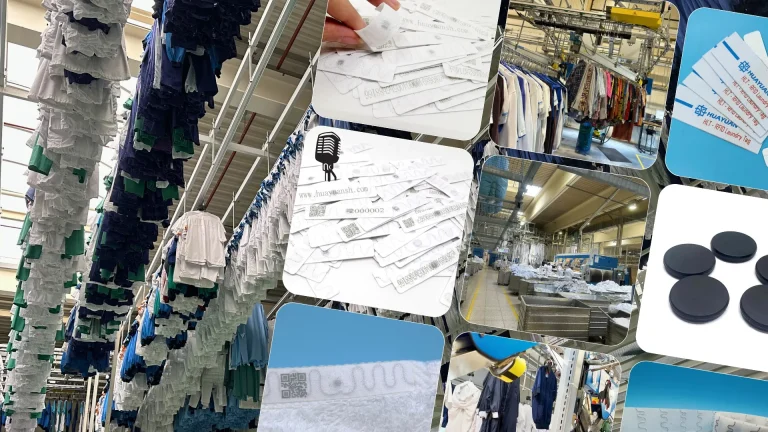The Benefits of RFID Technology in Apparel and Fashion Industry
The apparel and fashion industry is in the midst of a profound transformation, driven by evolving consumer expectations, rapid digitalization, and the urgent need for greater efficiency throughout the supply chain. In an increasingly competitive market characterized by fast-changing trends and the accelerated growth of e-commerce, retailers are under intense pressure to enhance their operational capabilities and provide a seamless customer experience. Today’s consumers are not only demanding more personalized, authentic, and immediate shopping experiences but are also becoming more conscious of product quality, sustainability, and brand integrity. In response, fashion brands face a complex set of challenges: maintaining accurate inventory, combating counterfeits, reducing waste, and ensuring agile responses to market demands—all while managing diverse and complex product ranges across multiple channels.
Traditional inventory management tools, such as barcoding, are struggling to keep up with these new demands. Barcoding technologies often fall short due to their inherent limitations, such as reliance on manual data entry, susceptibility to human error, lack of real-time visibility, and the inability to track individual items effectively across the supply chain. As a result, many fashion retailers face inefficiencies, data inaccuracies, and gaps in supply chain transparency, which can lead to lost sales opportunities, reduced customer satisfaction, and increased operational costs.
Against this backdrop, Radio Frequency Identification (RFID) technology has emerged as a transformative solution, offering a new level of visibility and control for fashion brands. Unlike barcodes, RFID tags can be read remotely and do not require line-of-sight, enabling retailers to track inventory in real time with greater accuracy and efficiency. This enhanced visibility empowers retailers to streamline their supply chain operations, reduce errors, and improve decision-making. Furthermore, RFID technology helps combat theft and counterfeiting, facilitates seamless inventory management, and enhances the overall customer experience by ensuring product availability and faster service.
Leading apparel brands, such as ZARA, H&M, Decathlon, and UNIQLO, recognized the potential of RFID early on and have been driving its adoption in the retail sector. Today, RFID is no longer a niche technology but a critical tool for fashion brands looking to stay competitive in a dynamic marketplace. With its ability to provide real-time data, reduce errors, and enhance operational efficiency, RFID is poised to play an increasingly vital role in helping apparel and fashion brands navigate the challenges of a rapidly evolving market. Its growing adoption signals a shift towards smarter, more agile retail environments where brands can better meet consumer demands, protect their products, and maintain a competitive edge.

Key Benefits of RFID Technology
- Improved Inventory Accuracy
Accurate inventory management is crucial, especially for high-end products with multiple sizes, styles, and limited editions. RFID technology enables retailers to track products throughout the entire supply chain—from distribution centers to stores. It provides precise data on the real-time location and status of every item. Traditional inventory methods often lead to misplaced items, resulting in lost sales and dissatisfied customers. However, RFID solutions reduce such errors, ensuring that each product is correctly placed and easily located. This technology replaces traditional barcodes by allowing batch counting and storing more data about each item, enhancing inventory accuracy to up to 99%.
- Enhanced Customer Experience
RFID tags significantly enhance the customer experience by enabling faster, more accurate service. Retailers can use RFID to track customer shopping behavior, identifying reasons for poor product sales, such as items frequently being tried on but not purchased. RFID technology also shortens checkout times by over 40%, reducing wait times and improving overall customer satisfaction. Additionally, RFID ensures seamless service across online, mobile, and in-store platforms, guaranteeing product authenticity, optimizing the shopping experience, and facilitating quick and easy transactions.
- Supply Chain Optimization
To fully realize RFID’s potential and maximize benefits for retailers, RFID technology must be integrated across the entire supply chain. This includes embedding RFID tags at the production stage, using them during logistics and shipping, and employing them in-store to maintain optimal inventory levels and streamline operations. RFID provides real-time data for tracking work in progress, automating shipping notifications, and reducing storage and labor costs. It enhances the efficiency of distribution centers and back-of-store operations, allowing for faster and more accurate inventory counts—at least 60% quicker than manual methods—and reducing the risk of stockouts, thus improving revenue and gross margins.
- Theft Reduction
RFID technology provides advanced anti-theft capabilities, surpassing traditional surveillance systems. While traditional systems notify retailers of a potential theft, RFID offers precise item tracking, alerting security personnel when an item leaves the store and providing detailed product information. RFID can also verify sales and prevent internal fraud by monitoring goods at the last point of exit, such as staff doors. Additionally, RFID helps retailers track the exact movement of items in the store, significantly reducing theft by customers and employees.
- Efficient Returns Management
RFID also enhances returns management by providing a unique ID for each item. This allows retailers to quickly and accurately verify the authenticity of returned items, ensuring that counterfeit or incorrect items are not accepted, thereby reducing losses and maintaining brand integrity. RFID technology streamlines the returns process, improves customer satisfaction, and protects against fraudulent returns.
Conclusion
Overall, RFID technology is poised to revolutionize the apparel and footwear industry in the coming years. By improving inventory accuracy, enhancing customer experiences, optimizing supply chains, reducing theft, and streamlining returns management, RFID directly impacts revenue growth and profitability. Embrace RFID now—lead the change, enhance efficiency, and secure your competitive edge in the ever-evolving fashion landscape!







